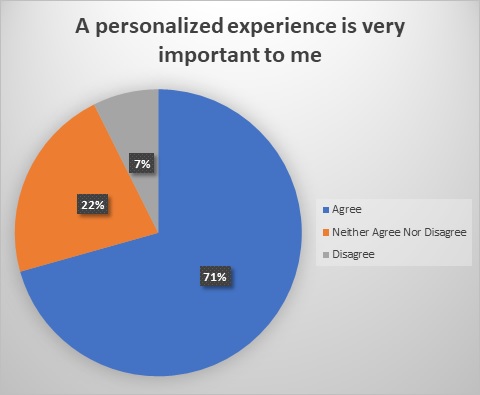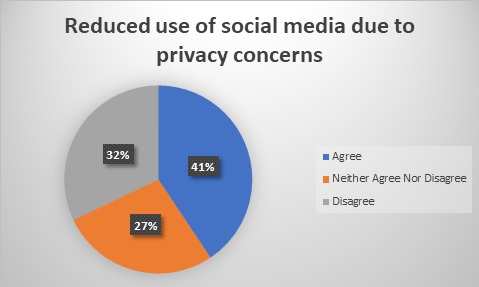Does your organization know how to provide a stellar customer experience (CX) – finding the right balance between their desire for privacy and personalization? What do your customers find friendly and helpful vs. what’s intrusive and unsettling?
To better understand today’s connected consumer, Selligent surveyed 5,000 consumers across a variety of age groups in North America and Europe. The 2019
Selligent Global Connected Consumer Index provides insights for both marketers and CX professionals, shedding light on what consumers have to say about their preferences and attitudes when engaging with companies and brands. The survey delves into consumer attitudes related to social media, voice-enabled assistant devices, privacy, personalization, customer service, support usage and expectations, and more.
Today’s connected consumers have high expectations when it comes to interacting and doing business with organizations. Businesses that want to grow and succeed must understand how best to engage with these consumers throughout the entire customer journey.
Focusing on how consumers interact with brands, the survey identifies several ways companies can improve the CX and create loyal customers. The survey findings validated some existing assumptions while presenting a few surprises.
Can You Be Too Personal?
Survey respondents were loud and clear – they expect brands and organizations to know who they are and provide easy ways to interact with them across channels. Personalization is a key brand differentiator and a way of delivering seamless/relevant engagement. Consumers want to feel that brands and companies understand their needs and pain points.
Privacy is a must-have, and there’s a fine line between consumers’ desire for personalization and privacy. The survey found that consumers are willing to share information to get a more personalized interaction, yet don’t want companies to know too much about them. Over 74% of respondents feel that privacy is more important to them than their online experience, and they don’t want companies to be “too intrusive.” While 11.7% of respondents love it and 28.5% find it useful when a brand sends them an email about/guides them to products they’ve searched online or posted about on social media, 9.4% hate it, and 23% find it “creepy.” Companies need to find the right balance to provide a personalized experience that respects consumers’ privacy.
In the age of social media, privacy is an increasing challenge. A large portion of survey respondents have reduced their use of social media due to privacy concerns.
A more recent phenomenon is the role of voice-enabled devices and assistants such as Siri, Alexa, and Google Home and their impact on consumer privacy. While the use of these assistants has exploded in the past few years, so have concerns about improperly accessing personal data. With 45% of the survey respondents using voice-enabled assistant devices, the majority of those (51%) worry that these devices are listening without the consumer’s knowledge or consent.
Customer Service: Building Brand Value, Delivering Elevated CX
Customer service is where companies can thrive and set themselves apart. When consumers reach out to customer service/support to deal with an issue or question, they have high expectations for responses and resolution. Not surprisingly, the survey found that it doesn’t take many negative experiences for consumers to abandon a brand altogether.
Consumers expect to be heard, and they expect a response or acknowledgment from the organization when reaching out or complaining. Survey respondents agree that if they don’t get a response, it impacts the level of trust with the organization.
We know that providing positive CX results in long-term benefits for organizations, including loyal customers who say positive things about the brand, helping to increase customer satisfaction and company revenues. But how can organizations provide those stellar experiences based on consumer expectations?
By understanding the role of customer service, consumers’ preferences throughout the customer journey, the influence of social media on the purchase and decision-making process, and more, organizations can develop better CX and marketing programs to optimize resources and technology investments.
To learn more, join me for a Selligent
webinar on Thursday October 17. You’ll hear about the key survey findings and get practical advice and insights on CX and the connected consumer.












